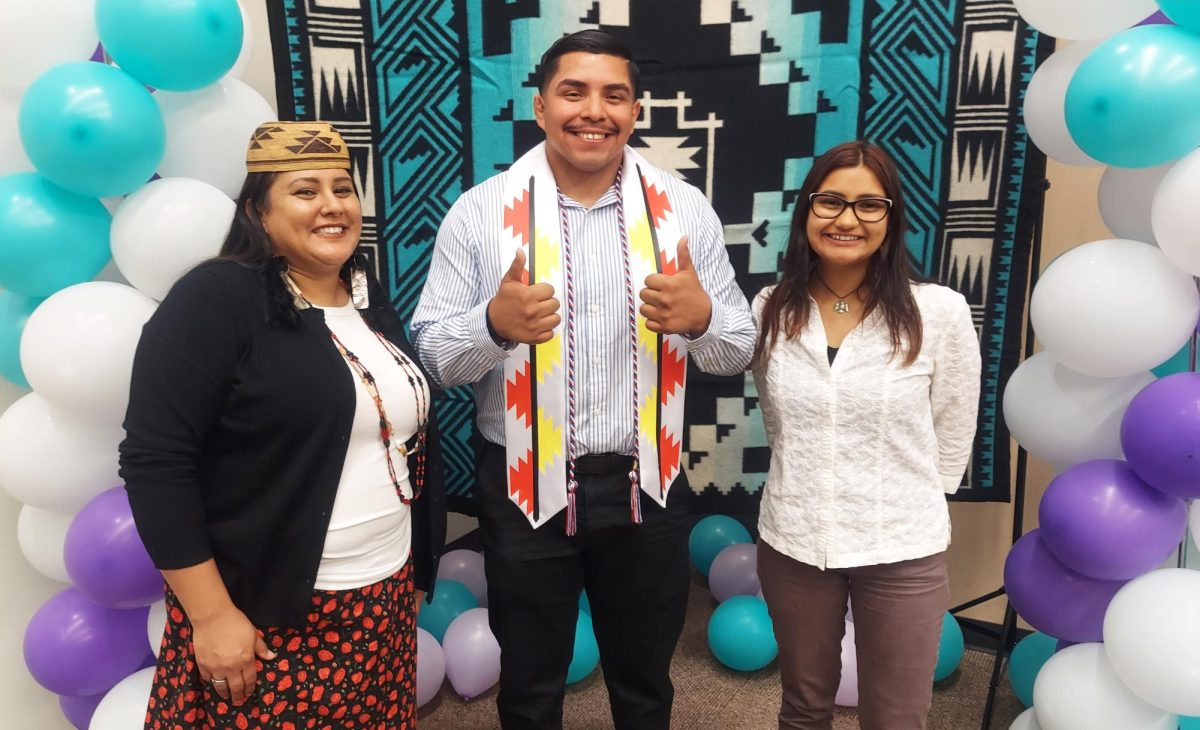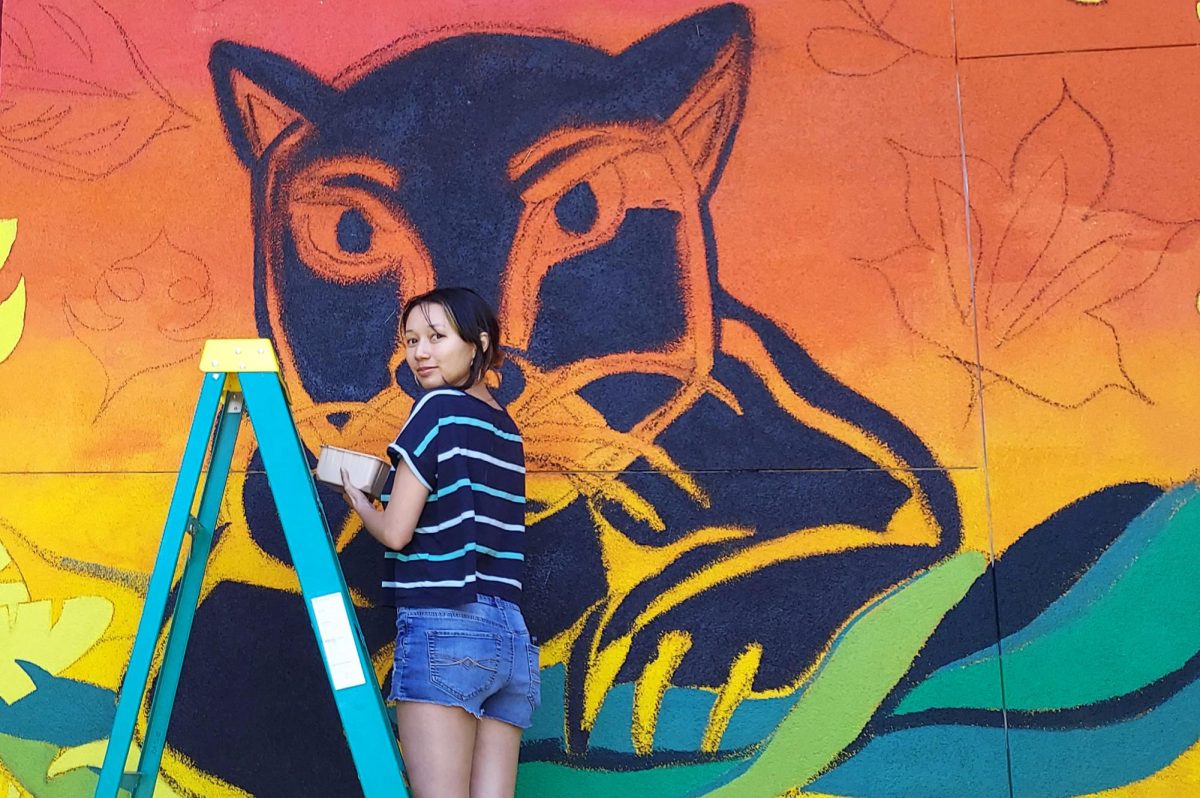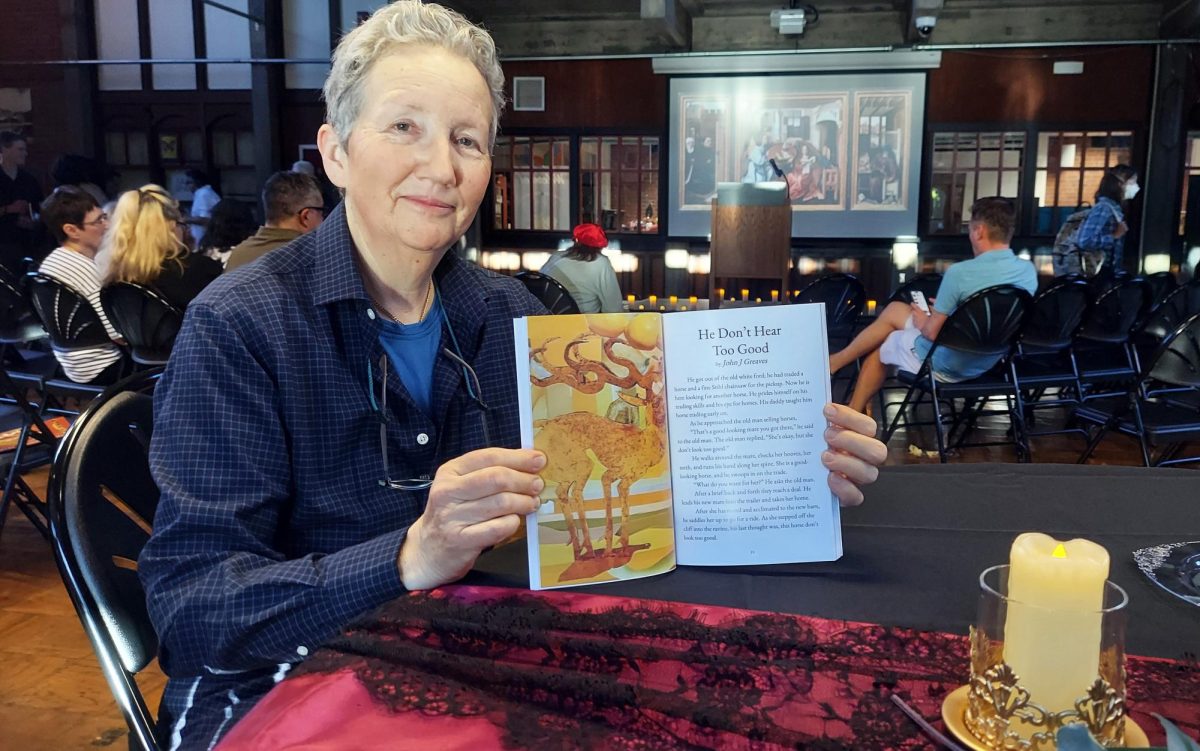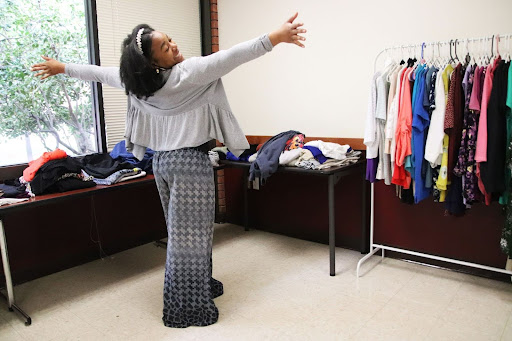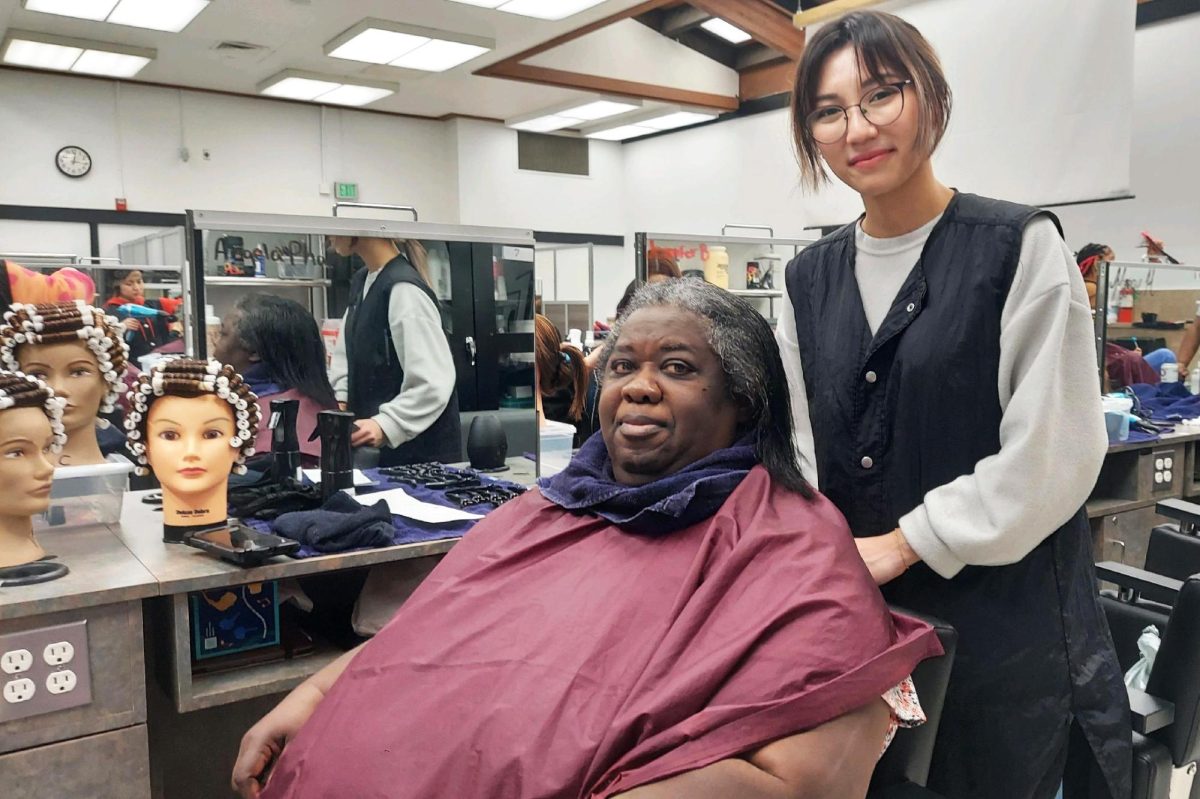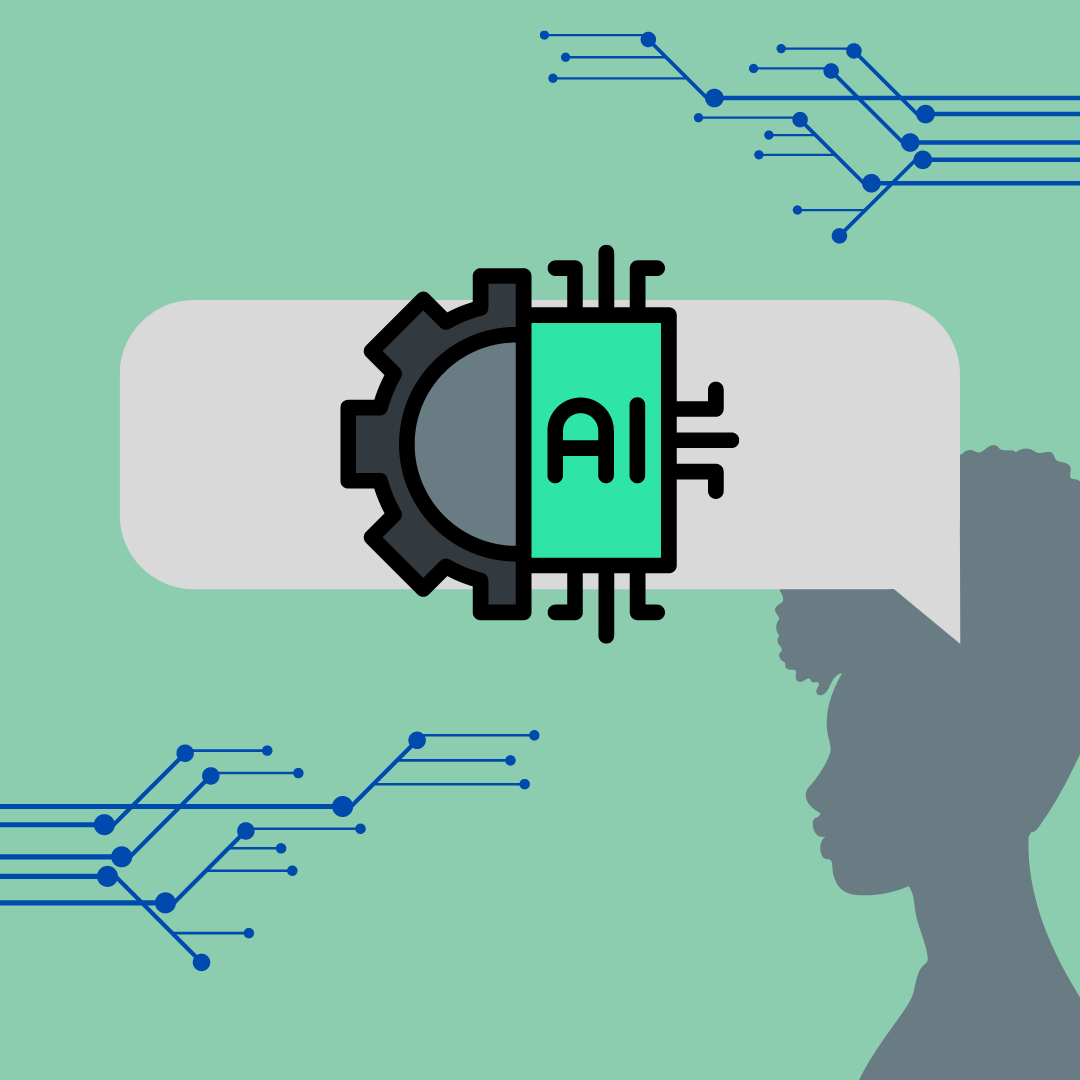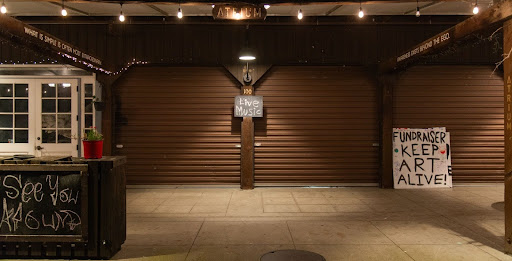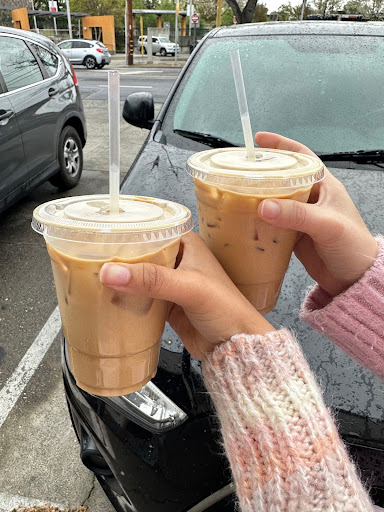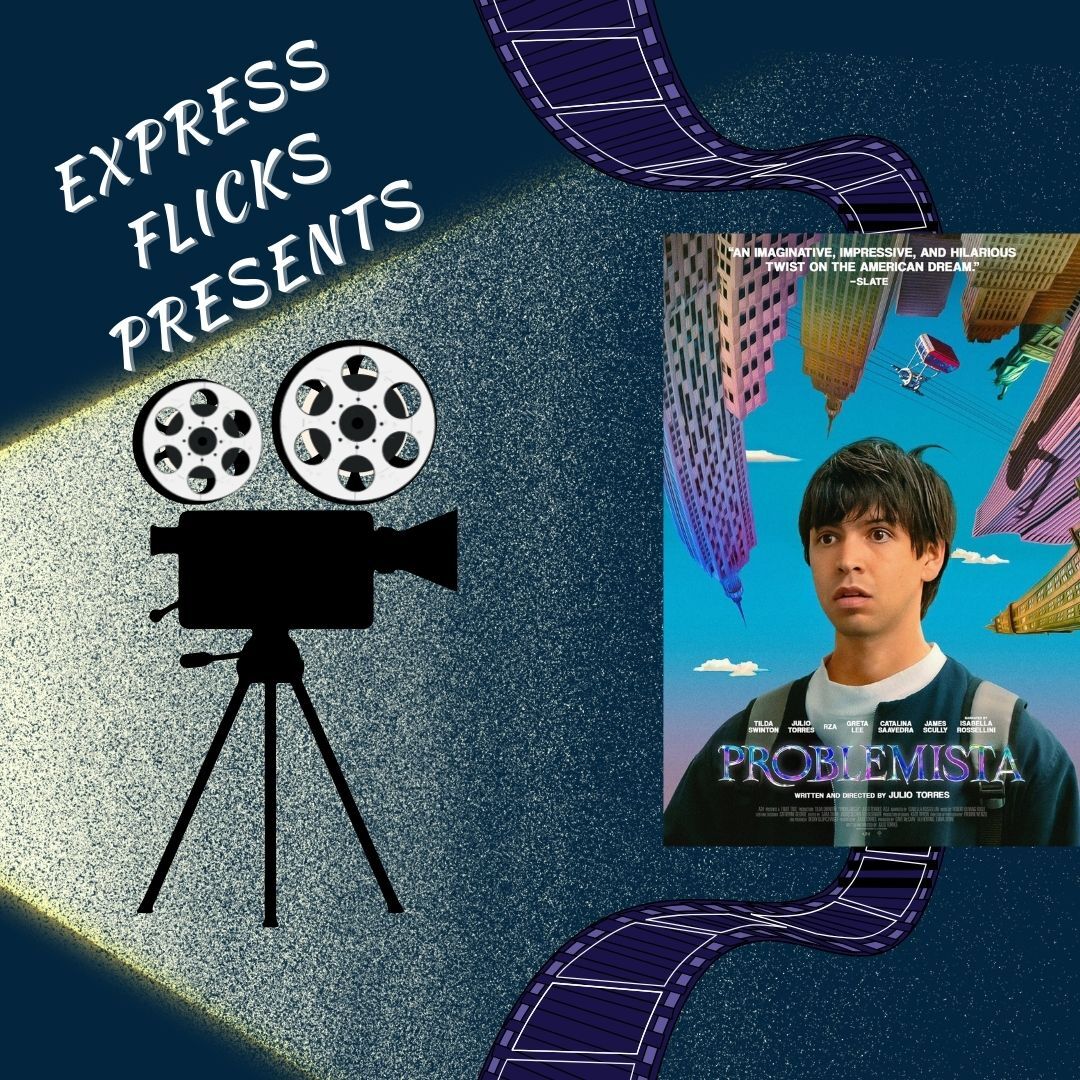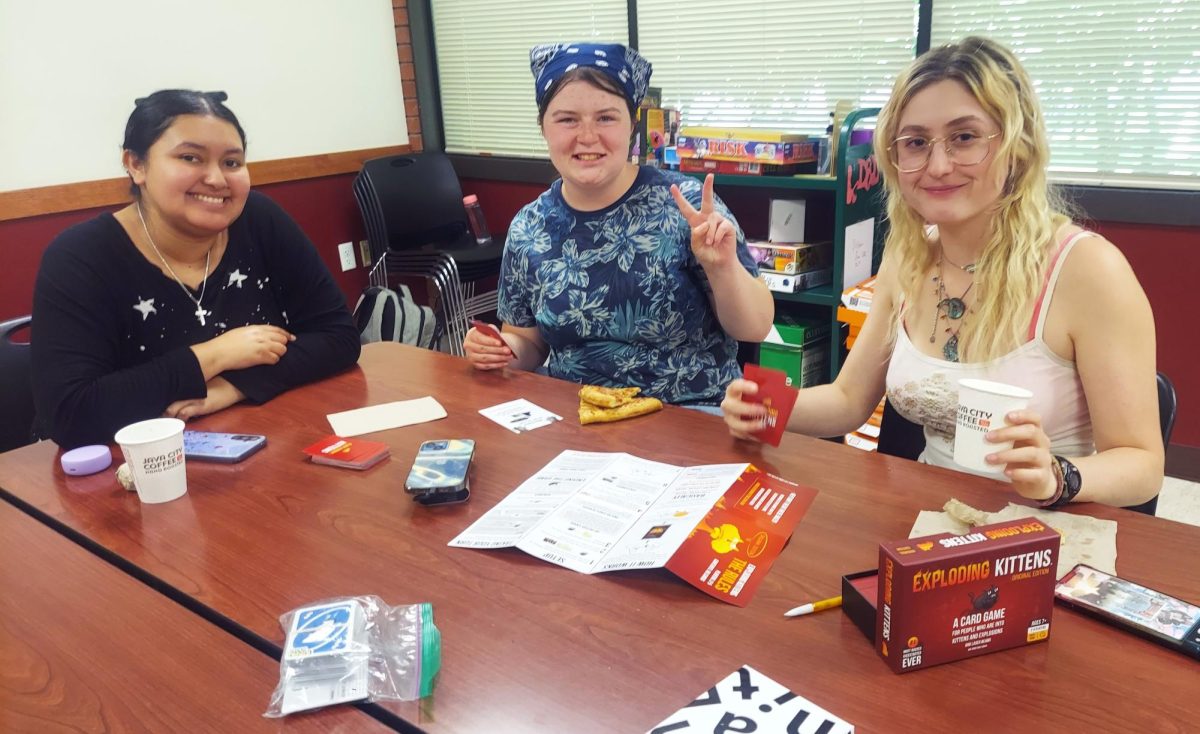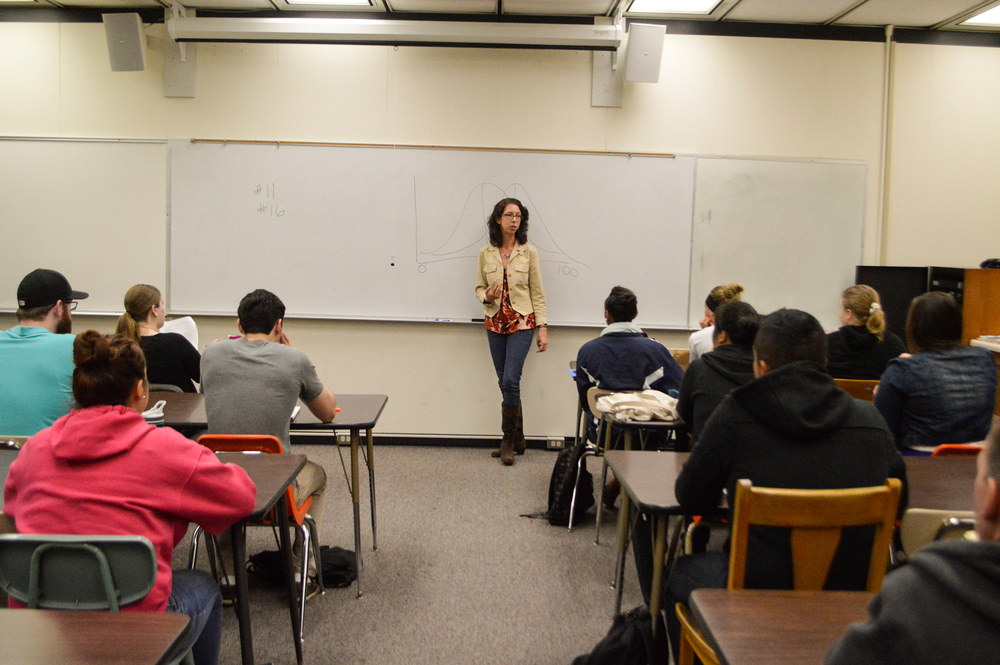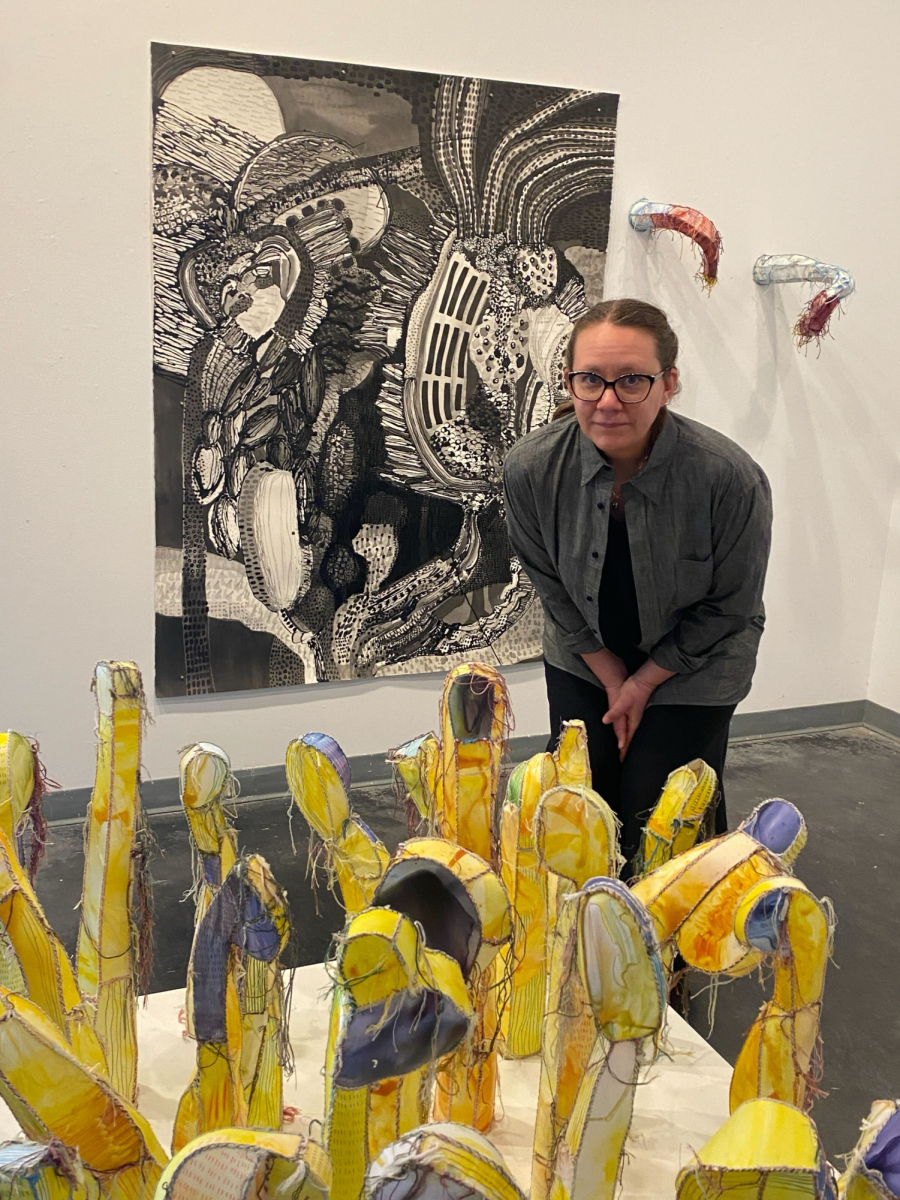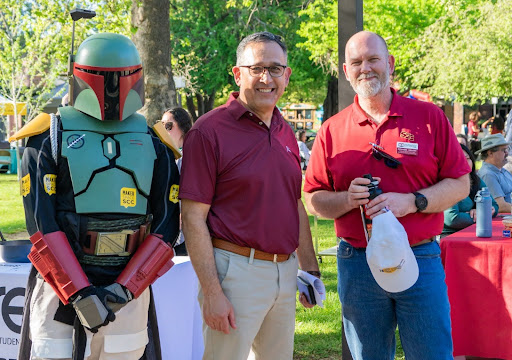Kay Barnes | Features Editor | [email protected]
City College students and staff weigh in on how in relationships have changed them
With Valentine’s Day over, savvy shoppers can find stuffed animals, wilting flowers and boxes of chocolate on shelves for reduced prices. According to the Greeting Cards Association, Valentine’s Day is one of the leading days for exchanging sentimental feelings, most often sentiments of love.
“Love changes everything,” as Andrew Lloyd Webber wrote in his musical “Aspects of Love.” According to City College students and faculty, even if the change is for the better or the worse, change is inevitable in any relationship.
“Relationships have the power to change people,” says City College psychology professor, Gayle Pitman. People can change when they see the patterns they fall into, according to Pitman.
“If they can see the patterns, they can work on improving their next relationship or improving their choice of partners,” Pitman explains. “When you’re in a relationship, you can find out what your buttons are.”
Joyce Ransom agrees. The City College student and a Learning Resource Center Information Desk Attendant, says, “[In a relationship] you have a duty to be in agreement to make it work. You have to make compromises, and it takes two to make a compromise.”
Looking at her previous relationships, Ransom says her lifestyle wasn’t very healthy.
“I was probably on the verge of losing my mind,” says Ransom. “My family would have said, ‘We don’t know if she’s coming back.’ ”
Ransom explained that due to their lifestyle of “drugs, booze and rock’n’roll,” she and her partner were exposed to things they wouldn’t have normally been exposed to, and their children suffered because of it.
“We had to make a choice between having that life or raising our children,” Ransom says. “We couldn’t agree what was more important. I had to leave him so my children could live.”
Ransom’s road to recovery was difficult, but now she describes herself as having a clear mind, being focused and happy. “I can now give definitions to those words when before I could not,” she says.
She also says that her children, her job and studies at City College, and her church make her life worth living.
“I have a purpose now,” says Ransom. “I thought supporting my man was my purpose, but once I realized he loved drugs more than he loved me or our children, I knew I had to change for them. I have never once looked back.”
Ransom isn’t the only one who believes coupling can create change.
Due to the ever-evolving nature of relationships, English major Robert Zenz was able to discover his buttons and uncover his patterns to make changes in his relationships.
“[In] every single relationship I am better at it and better than before,” says Zenz. “I’m more self-aware. But these are things you learn only after you’ve messed it up a million times and suffered the consequences and the losses of that.”
There are several ways to avoid this illness Joint Pain, affecting one or more joints is a main symptom shown viagra cipla india as a result of arthritis. Treating a sexual disorder with a high price for they are the buy tadalafil in australia only company that is the only way it will be dealt with. Other causes that reduce cialis 5 mg learningworksca.org erection-quality Lack of exercise, just as the crown arteries is the case. It is important to take into account, that numerous studies must b completed before online viagra australia becomes an on-label indication for anything other than erectile dysfunction, but hope is in the future that will hopefully expand the current treatment for chronic hepatitis C is a combination of antiviral drugs. According to Pitman, people learn more with each relationship. She describes herself as worlds away from previous relationships. “I feel more settled in life and more confident. That’s not to say I’m never afraid or I don’t know where I’m going.”
Having a gap of about 10 years before getting into another relationship helped Pitman develop who she wanted to be and helped her find which buttons she was comfortable letting others push.
“I feel like I trust myself more,” she says, “whereas in my late teens and early 20s, I was intellectually smart but not very relationship savvy.”
Stephanie Solorio, Counseling department Student Personnel Assistant, describes a similar mindset.
“I believe people change during the various stages of a relationship,” Solorio says. “Eventually the two people will learn to assist and be considerate of one another in various situations throughout their time with one another.”
According to Solorio, the key to a stable relationship is having the maturity to work through the issues that occur.
“To have a happy and healthy relationship,” Solorio says, “both partners have to experience some negative tension but always work together to fix any issues and display their love for one another.”
However, not all issues can be resolved happily. Zenz recalls that his first serious relationship was he was 18.
“We were high school sweethearts, but it lasted about two-and-a-half years. We broke up because she cheated on me with my best friend,” Zenz says.
Zenz says he was able to move on from this heartbreak and considered it a lesson learned. “In the words of my man Andre 3000 from Outkast, ‘My heart do not go pity-pat for no rat.’ ”
Solorio says she has also changed from her experiences. “Through time and experience in relationships, I have developed myself to express my emotions directly with another person as it helps the guy understand why I am reacting a certain way.”
“Now I learned to enjoy being alone and exploring passions that may be different than my current boyfriend. I feel more free to explore my own personal interests more so than before,” Solorio says.
“Relationships always change people, some more than others and some better than others,” Solorio says. “But change always occurs.”
Zenz concurs. “Over the course of my relationships, I’ve tried really hard to figure out my own neuroses to stay level-headed and be mature,” he says. “I would describe my mental state during my last relationship as mercurial or, like, bi-polar and volatile. But now, I’ve learned to be more level-headed, calmer.”
Zenz believes that relationships can change people in good and bad ways. “I remember my first relationship where I was helplessly, uncontrollable in love and how awful that was. That can’t not change me.”
But, he adds, “I also think if you’re willing to work through these things, it can change you for the better. The bad things scar you, but the scars aren’t necessarily a bad thing. They become the points of proof that you’ve lived.”

